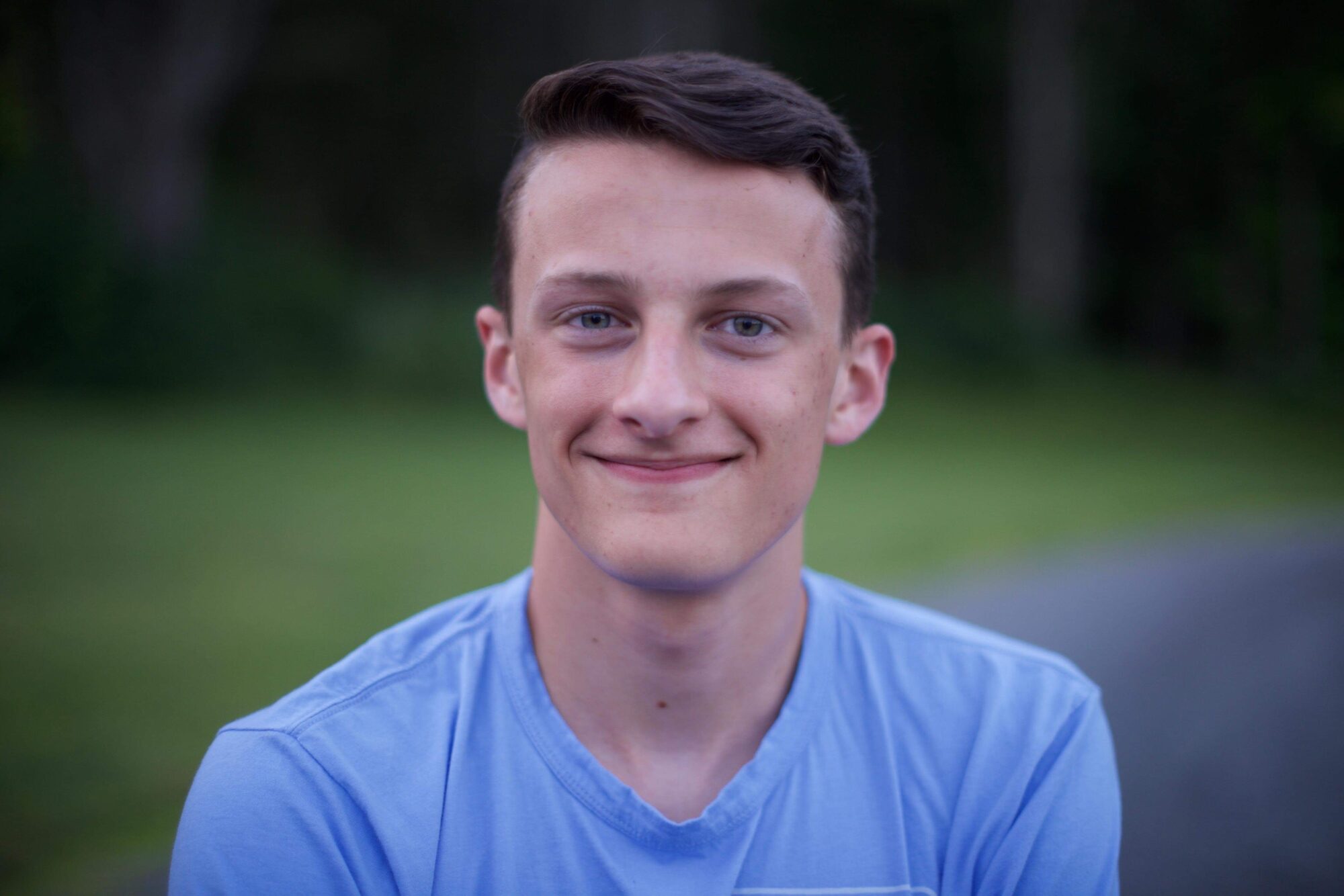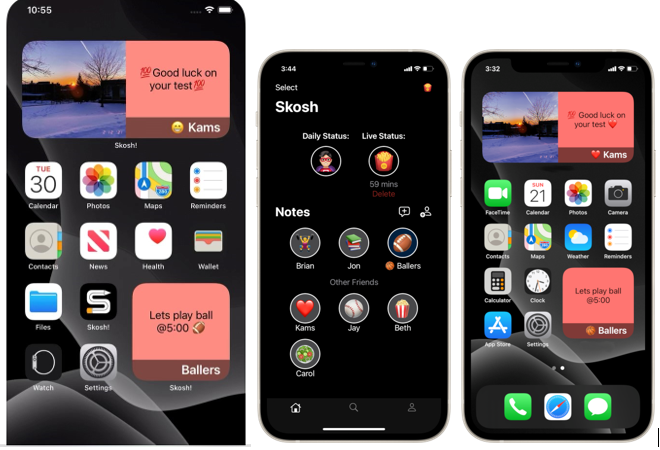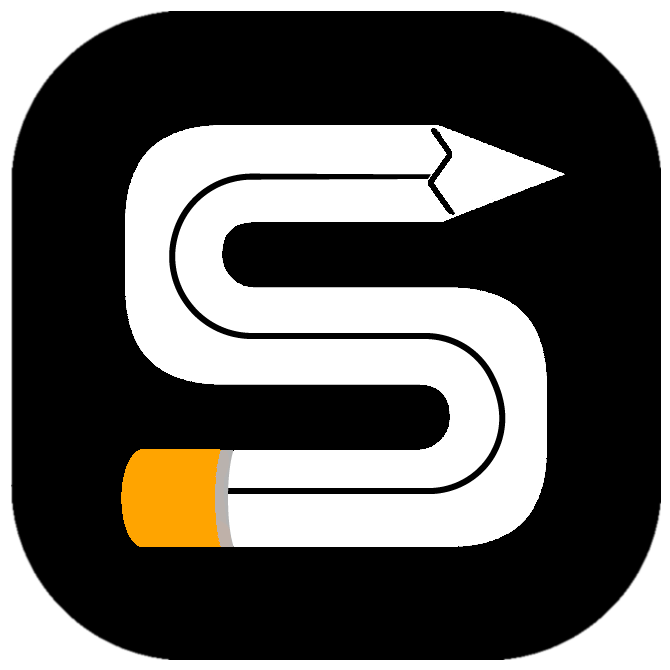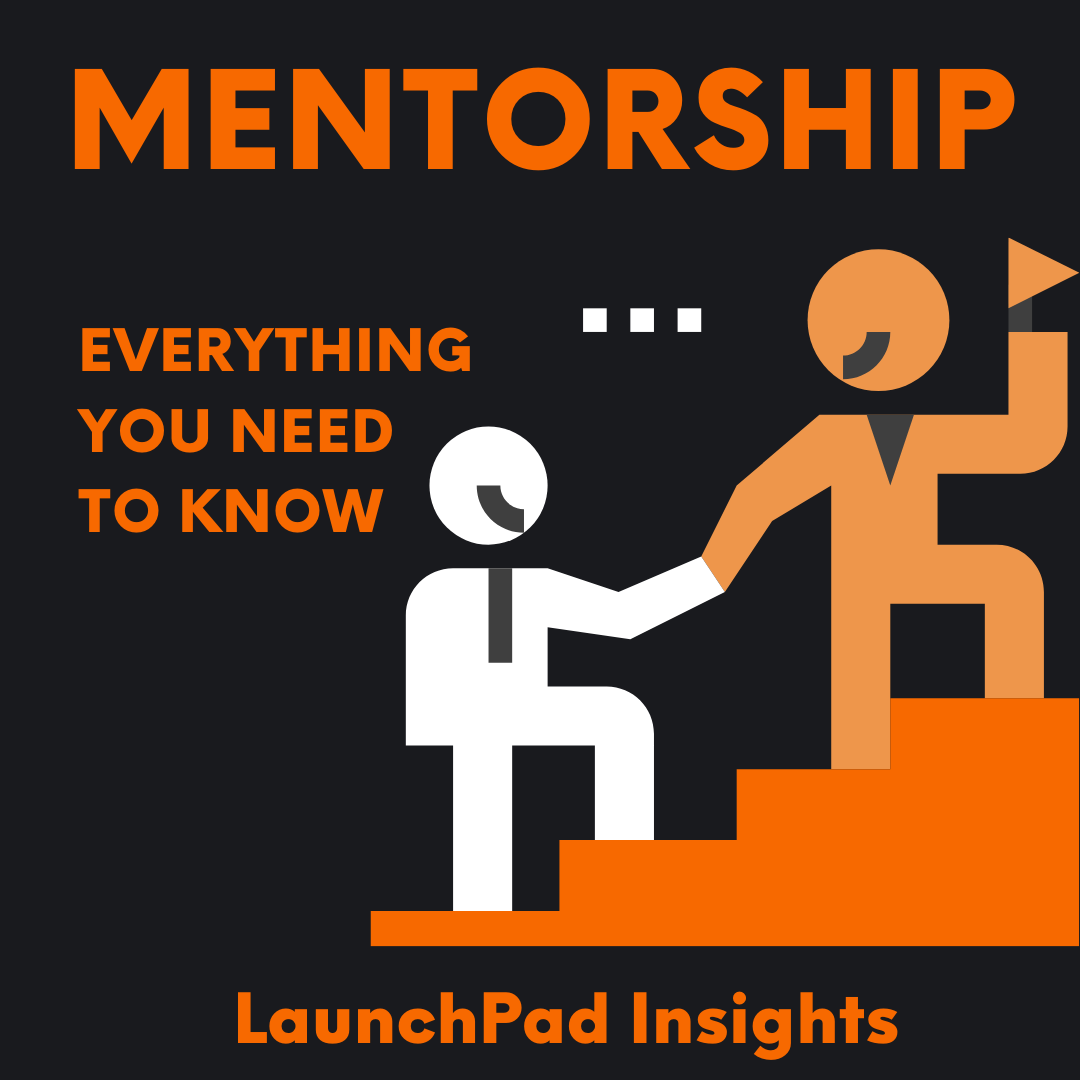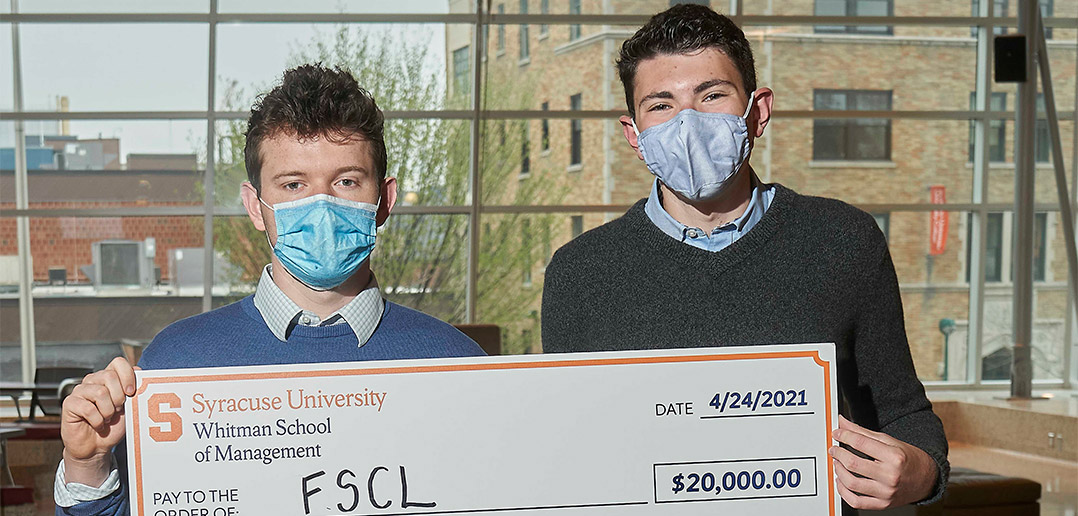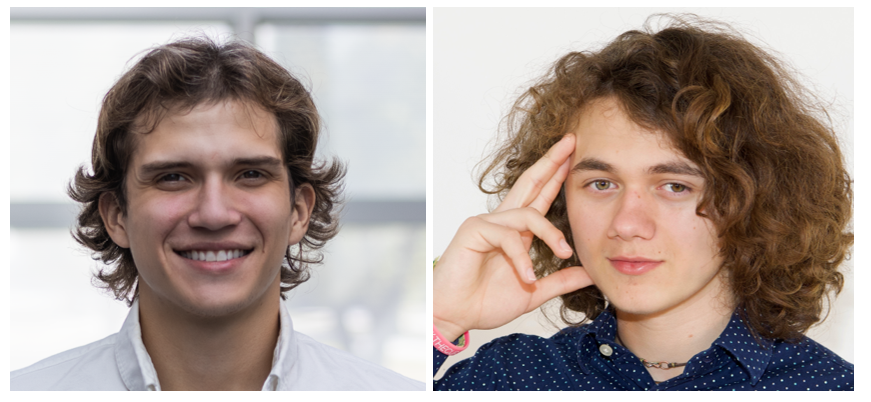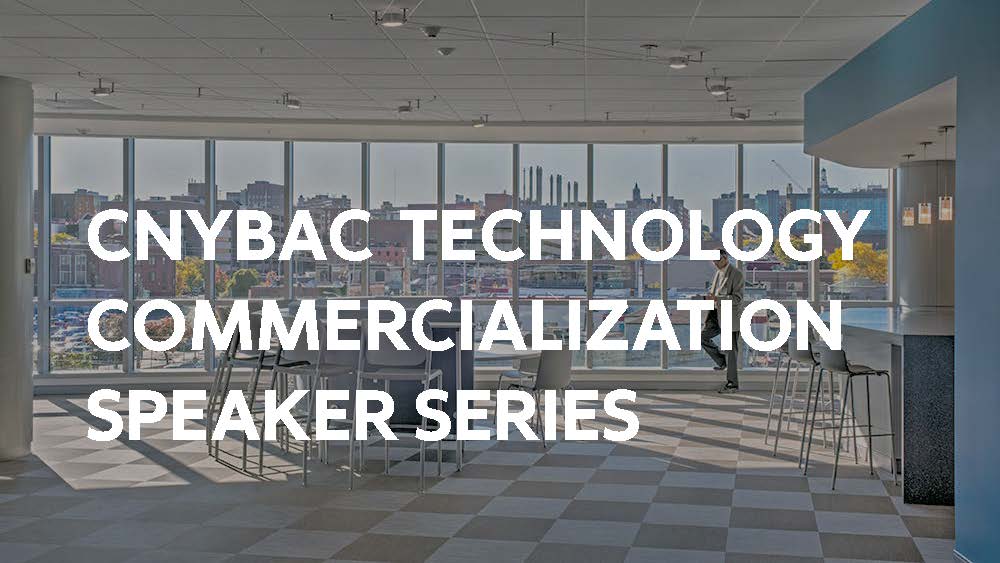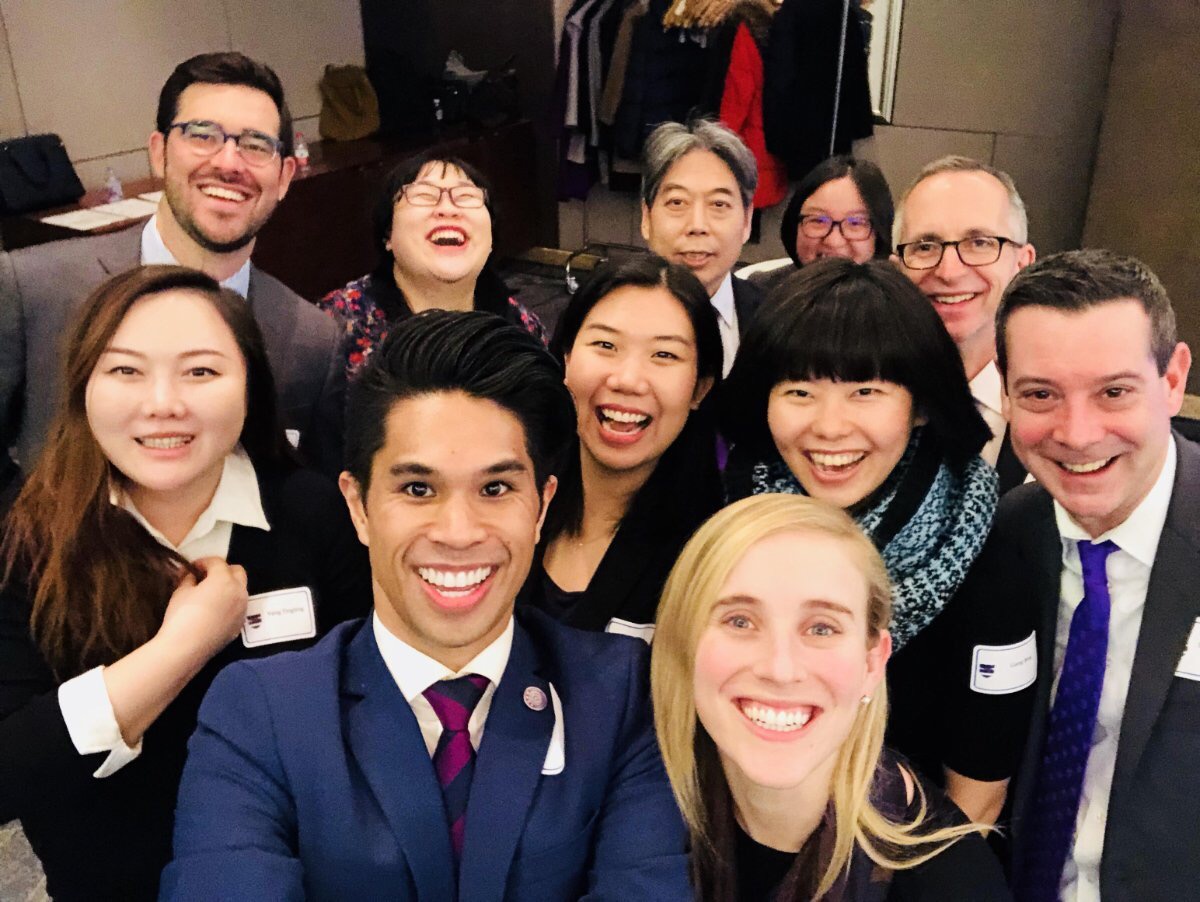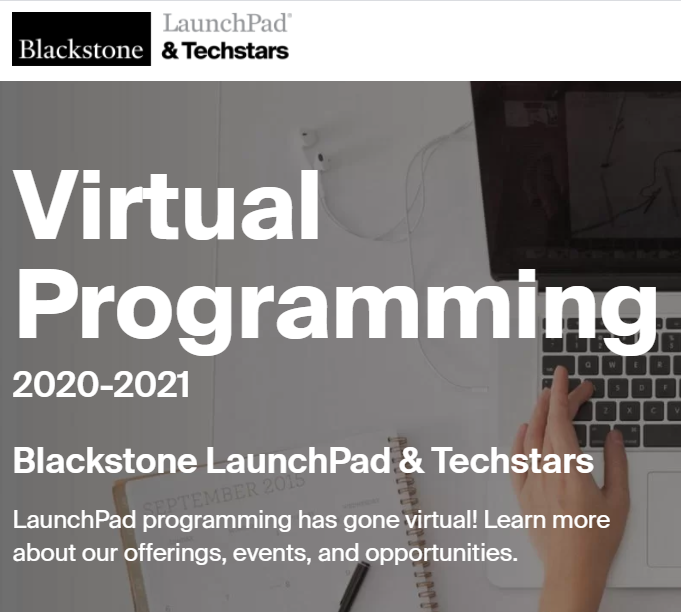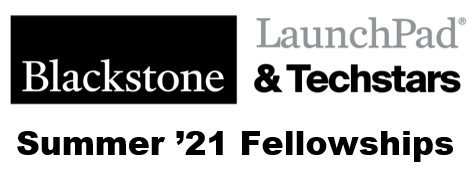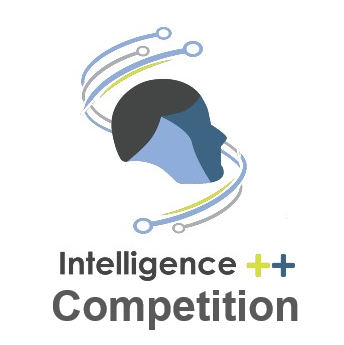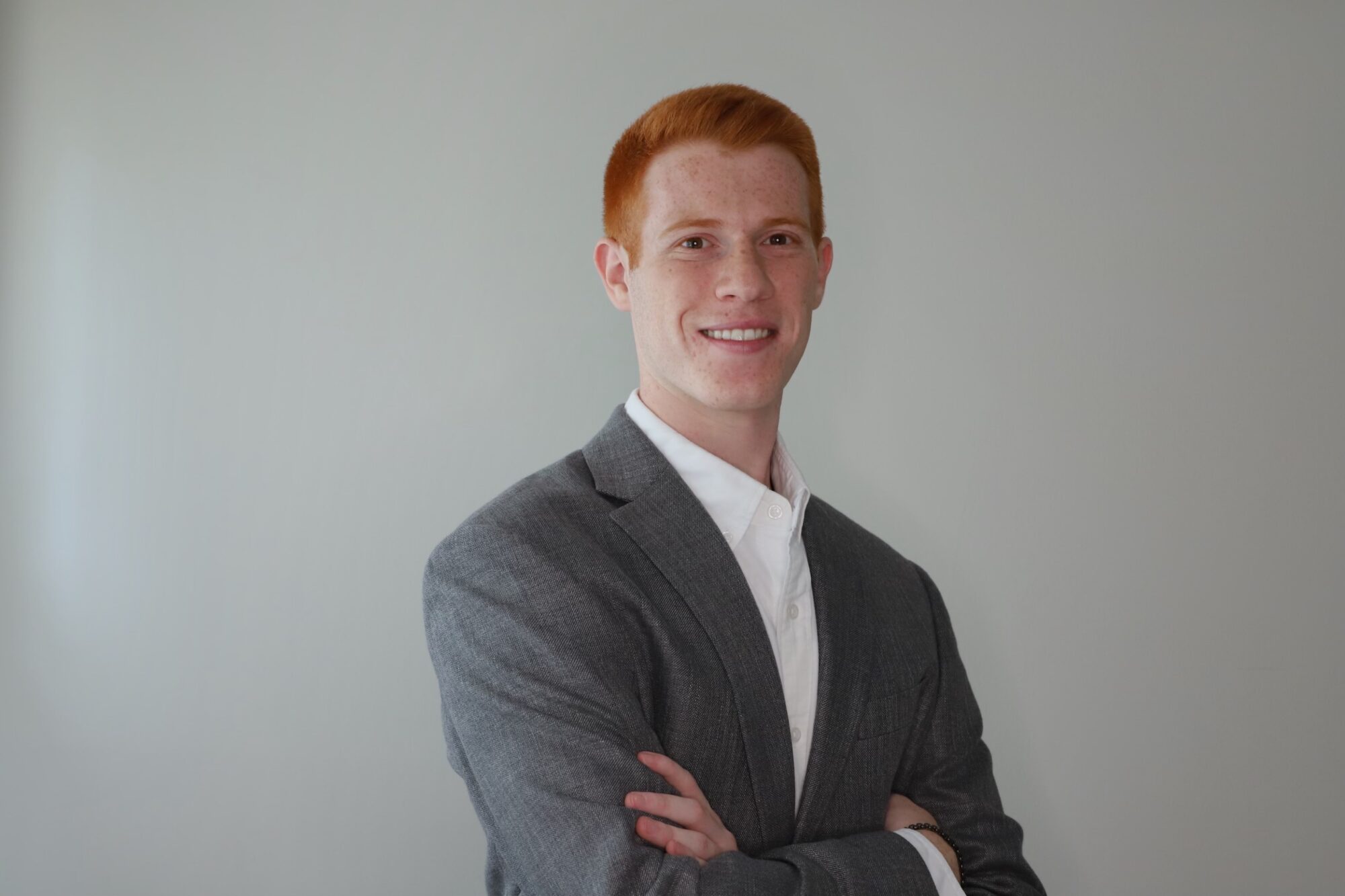
Many first forays into the frustrating ordeal of fundraising, perhaps for some school project or trip, involve asking scores of people with little success, only to fall back on the donations of kind family members. Anyone whose raised funds for a social campaign, college club, or charitable organization knows how time consuming and frustrating it can be to pour energy into advertising with resulting minimum contributions. What if there were a more effective form of fundraising, a way to spread the word not just across your immediate social network but to those around the world who cared about your work?
Ben Ford ’23, studying marketing in the Martin J. Whitman School of Management and data analytics in the School of Information Studies, hopes to create a system of fundraising that maximizes both financial and social impact. Ford’s company, Fundwurx, is a multi-service platform that works to accelerate impact driven projects by using data, algorithms, and AI
to pair donors with funding needs according to one’s social passions, skills, and interests.
Built on the knowledge that 80% of crowdfunding campaigns fail, Ford is committed to creating a new platform in the fundraising space, by adhering to this underserved market in order to better connect people and projects.
Ford’s inspiration comes from his own disheartening experiences raising funds for meaningful social projects. Committed to philanthropy and doing good wherever he is, Ford in high school had a legacy for the number of social projects he was involved with. From raising money for pediatric cancer research, to selling reusable bags in his community to reduce single-use plastic bags, Ford cared about bettering the world around him and valued making a difference in his community.
When he was asked to lead a project designing a sustainable study space for his school filled with upcycled furniture and live moss walls, Ford immediately took on the challenge. There was just one problem — the school didn’t have funding for the project. Challenged to raise funding on his own, Ford endeavored to find the means for a $15,000 dollar project through community funding. “We expected this thing to blow up in no time,” Ford recalled their fundraising efforts. Yet they were not as successful as hoped. “There are so many people who care about the environment and a project like this would be so attractive to people all over the world- but they had no idea of knowing who we are.”
Hoping to forge a way for impact projects to connect with passionate donors all around the world, Ford stuck the idea of an online algorithm-driven fundraising platform in his back pocket. This past year at Syracuse, Ford’s idea surfaced through competition in a business competition at the Blackstone LaunchPad & Techstars at Syracuse University.
Ford had always been an entrepreneur. In addition to the multitude of social projects he worked tirelessly on, he started his own company in high school for tailgate apparel: Jersey Boy Apparel. After successfully growing and running Jersey Boy Apparel from high school into college, the LaunchPad competition CuseTank caught his eye in fall 2020 to generate funding for scaling his company. Ford had never competed in a business competition before but brought his pitch and vision, and won. Impressed by his talent, others urged him to compete in the next LaunchPad competition: The Impact Prize. Yet Jersey Boy Apparel was not an impact-driven business and could not qualify to compete in the competition. So, Ford, intrigued and excited by the possible prospects of business competitions, decided to enter the competition on a whim with his idea for impact fundraising, and in short notice threw together a full pitch deck and presented in merely a week, and won. Again.
After this, Ford knew he wanted to pursue his fundraising idea. Starting in January, in the past few months he has defined his company vision and model, placed in several other business pitch competitions, incorporated as an LLC, created a clickable prototype, built a board of advisors, and is now working with software developers to create the MVP for his company. By summer he hopes to have secured angel investors to fund further development for launching Fundwurx.
Ford is being mentored by many, including LaunchPad alumni Matt Shumer who is his AI expert and is providing strategic insight into building a scalable company.
Ford’s vision to transform the landscape of giving for good is on a swift trajectory towards success. Philanthropy is evolving and as Ford has mentioned, there is a need for a service like this to reshape fundraising and create the new era of giving. Fundwurx strive to build an environment where donors can become mentors and provide the help and support projects need to succeed. Ford cares about fostering strong relationships and constructing greatness through the help of others.
Ford’s story of an idea carried around for years in the hope to impact society for better inspires action for individual ideas of helping make the world a better, more generous place.
In Ford’s own words, “We are at the forefront of the rise in social impact, which is led by a generation of do-ers, with a care to do good that will last forever in the world and help lay the groundwork for a better future.”
Story by LaunchPad Global Fellow Claire Howard ’23; photo supplied
